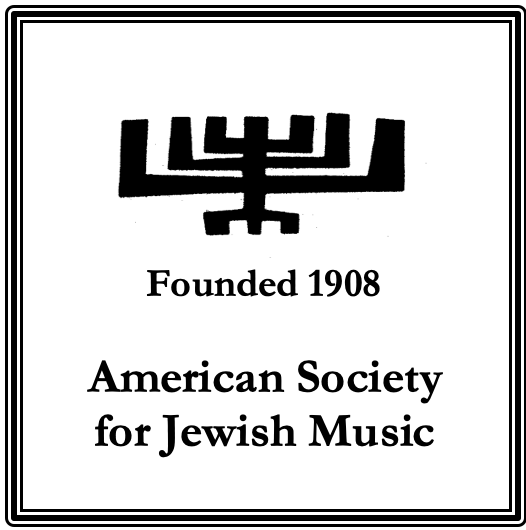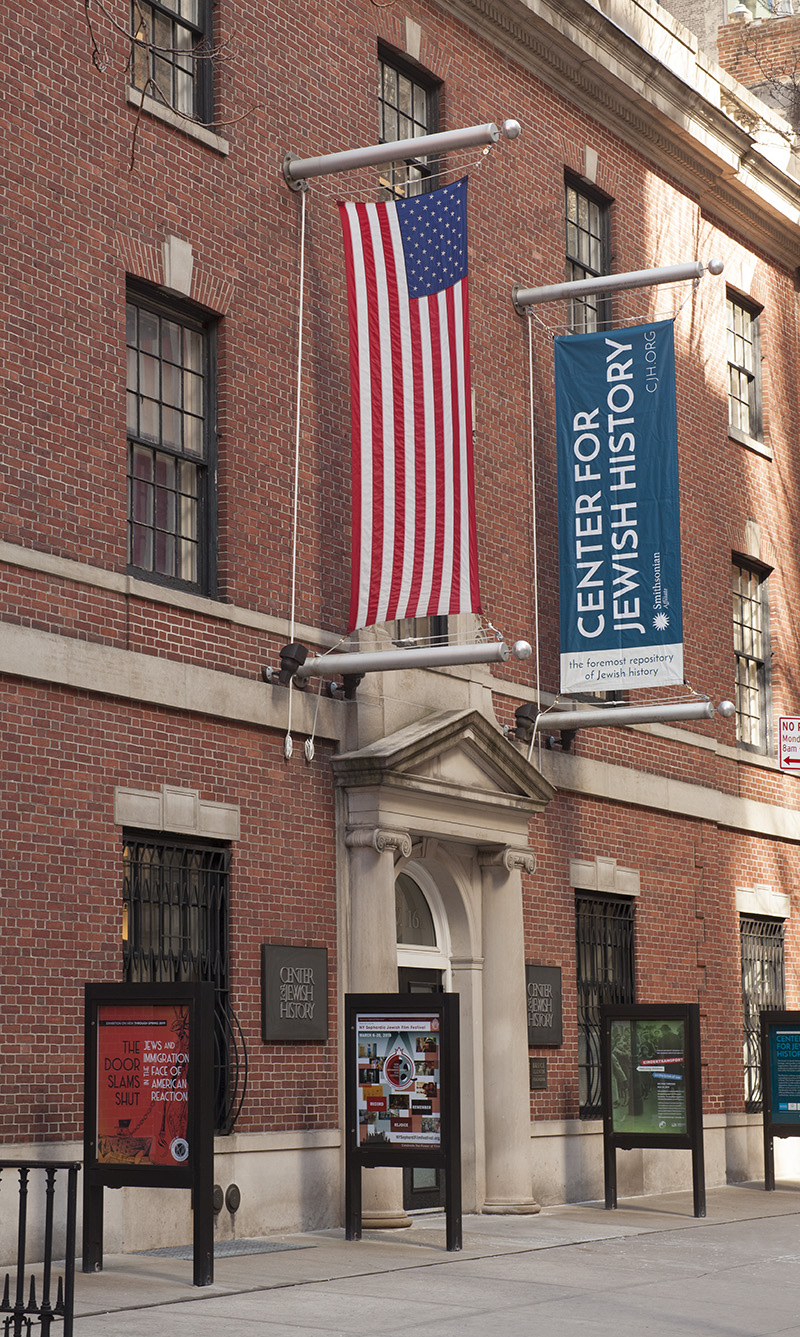lecture
“Juden, Baptized and Unbaptized”: Jewishness and Ferdinand Hiller’s 'Israel’s Siegesgesang' - Live on Zoom
German composer Ferdinand Hiller (1811-85) lived and worked throughout a period of tumultuous change, marked by unprecedented movement (both geographic and socio-economic), active assimilation, and formalized emancipation for the Jews of German-speaking Europe. A piano prodigy and student of Hummel, he was a direct contemporary of Felix Mendelssohn, with whom he was personally and professionally close. Hiller, who was baptized at the age of 29, had a complex engagement with Jewishness and Judaism, which has thus been variously essentialized as a pervasive part of his identity to mere circumstance of birth, ignored and forgotten. Of several compositions explicitly engaging with Jewish texts, his 1840 oratorio, Die Zerstörung Jerusalems, was a widely acclaimed success throughout Germany and beyond, whereas Hiller’s eight-movement choral work, Israel’s Siegesgesang, op. 151 (1871) had a more modest initial reception.
This presentation shows how Hiller, by this point a well-established teacher and musical authority on the classical and early romantic traditions, used Psalm and other texts from the Hebrew Bible in Israel’s Siegesgesang to reflect current political sentiment following the Battle of Sedan, which ended the Franco-Prussian war of 1870. Amanda Ruppenthal-Stein will trace this work’s appearance from German-speaking Europe to English audiences in London, Cincinnati, Boston, and San Francisco, and finally in the 1897 edition of the Union Hymnal, showing how not only did Hiller clearly recognize his Jewish heritage and engage with it in varied ways throughout his life, but also the recognition of him as member of the broader Jewish community, regardless of his baptismal status.
This program is supported, in part, by public funds from the New York City Department of Cultural Affairs, in partnership with the City Council.
Ticket Info: Free; registration is required.
Presented by:


lecture
